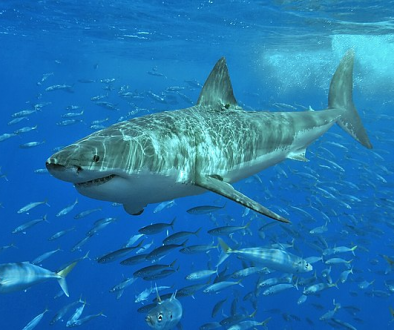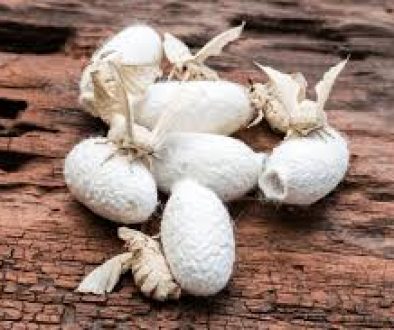The Dark Side of Salmon: A Cruel Industry Disguised as Progress

Introduction
On supermarket shelves and upscale restaurant menus, salmon holds a privileged place. It’s marketed as a healthy source of omega-3, a symbol of conscious eating and modern living. However, behind this polished image lies one of the most cruel and environmentally destructive industries. The salmon farming industry—especially prevalent in countries like Norway, Chile, Scotland, and Canada—operates an intensive production model that disregards the welfare of millions of sentient beings.
This article explores the systematic suffering endured by farmed salmon, the environmental consequences of this industry, and the urgent need to rethink our relationship with other living beings through the lens of empathy, compassion, and respect.
1. Salmon as individuals: sentient beings
Salmon are not just food resources. They are vertebrate animals with complex nervous systems capable of experiencing pain, fear, and stress. Scientific studies have shown that fish possess sophisticated cognitive abilities—they can form memories, recognize other individuals, and engage in social behavior.
Yet, the salmon farming industry systematically ignores this evidence. Rather than treating salmon as sentient beings, they are exploited as commodities in mass-production systems where suffering is standard.
2. Life in captivity: suffering from birth
Farmed salmon are born in artificial hatcheries, often subjected to genetic manipulation and hormonal treatments. From a young age, they are crowded into offshore net pens or closed tanks. Thousands of individuals share minimal water space, leading to constant stress, aggression, injuries, infections, and disease.
In the wild, salmon travel hundreds of kilometers through rivers and oceans. In farms, they can barely swim. They become prisoners in a system that prioritizes productivity over physical and psychological well-being.
3. Disease, parasites, and chemicals
Overcrowding and unsanitary water conditions foster the spread of disease and parasites, such as the notorious sea lice. To “control” them, the industry uses antibiotics and highly toxic pesticides. These substances not only harm the salmon but also leak into surrounding ecosystems, polluting the ocean and affecting other species.
The overuse of antibiotics also contributes to global antibiotic resistance—an escalating public health threat. Ultimately, salmon are caught in a double tragedy: suffering from illness and enduring aggressive chemical treatments without anesthesia or care.
4. Slaughter: a brutal end to a dignity-free life
Once they reach market size, salmon are violently removed from the water using pumps or nets. Many die by suffocation; others are beaten or eviscerated while still conscious. Methods like electric stunning or ice baths are commonly used, but do not guarantee humane death.
Their final moments reveal a disturbing contradiction: we consider ourselves a civilized society, yet we continue to inflict extreme and unnecessary suffering on millions of animals.
5. Devastating environmental impact
Beyond animal suffering, salmon farming leaves a trail of ecological destruction. Waste, excess feed, and chemicals from the cages fall directly into the ocean, creating dead zones on the seafloor. Native species are displaced or killed by pollution. Escaped farmed salmon—non-native to many regions—disturb the balance of local ecosystems and threaten biodiversity.
All of this destruction is driven by demand for a single animal protein—one that could easily be replaced with plant-based alternatives that do not cause suffering or environmental damage.
6. The power of empathy: toward an ethical model of food
Criticizing the salmon industry is not radical—it is an act of conscience. Empathy should not be limited to humans or pets. Fish, like dogs and cats, feel pain and distress. They deserve to live free from suffering and exploitation.
Choosing a diet based on respect for other beings, promoting sustainable alternatives, and demanding stricter animal welfare laws are necessary steps toward a more just and compassionate world.
Conclusión
Far from being a model of modern nutrition, the salmon industry is a system built on the systematic suffering of animals, environmental degradation, and ethical disconnection.
As a society, we must move beyond indifference and face the consequences of our consumption choices. Every decision we make is an opportunity to act with compassion. We can no longer view sentient beings as mere products. It’s time to put empathy at the center of our diets—and demand a profound shift in how we treat animals and the planet.
Elaborado por Fundación Animal Ladyhawk



